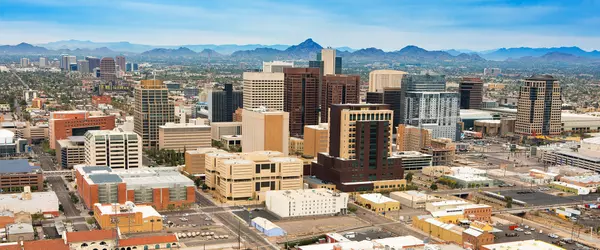What’s the big deal with inflation and why should I care?
When asked, most people can’t explain what inflation even is.
Simply put, inflation is an economic term used to describe a rise in prices, which can be translated as the decline of purchasing power over time. The rate at which purchasing power drops can be reflected in the average price increase of a basket of selected goods and services over some period of time.
Inflation occurs when people spend more on the same amount of goods and services than they were a year ago.
When everybody pays more and gets less for it, it can have some profoundly devastating effects on the economy—and some people get hurt more than others.
3 Ways Inflation Hurts Consumers and the Economy
Less Purchasing Power
If you can’t buy as many goods and services as you did before inflation, your quality of living will eventually diminish. So things you have to have like food, gas, and electricity take precedence over travel, dinner out, and even new clothing.
Fewer Savings
If rising prices for essentials are eating into your budget more than normal, you probably aren’t putting as much money into a savings account. A June 2022 Forbes Advisor-Ipsos survey found that 42% of respondents were saving less money than usual.
Inflation makes all of our income and savings less valuable.
Loss of Goods and Services
Some industries do pretty well during inflationary times, particularly ones in which you can’t hold off your spending indefinitely, like supermarkets, gas stations, and funerals—but some businesses are completely devastated- like restaurants, or theme parks, golf courses, etc.
That’s because when inflation runs rampant, consumers spend their money on products and services that they absolutely need, and hold back on what they don’t.
The U.S. central bank, the Federal Reserve, never wants inflation to drop or climb too much. The sweet spot is a 2% annual rate of inflation, which allows both homes and companies to keep spending (and saving) as prices go up a bit by bit over time. If inflation is higher than 2%, the Fed generally will raise the federal funds' rates to slow growth, and if inflation is under 2%, it will often lower interest rates, to get us all excited about spending.
We are currently at 8.3% — we had another rate hike this week — and could see one more before the end of 2022. I know I have buried the lead here a bit in trying to explain all of this to you, BUT there is already talk of lowering interest rates next year and into 2024. So these increases that we know are strategically being done just to correct the market, may be very temporary to ensure we don’t overcorrect.
If you have any real estate questions, please feel free to reach out to me at (480) 599-5058 or send me a message via chat on this webpage.
Categories
Recent Posts











Connie Colla
Associate Broker, N. Scottsdale Branch Manager | License ID: BR656708000

